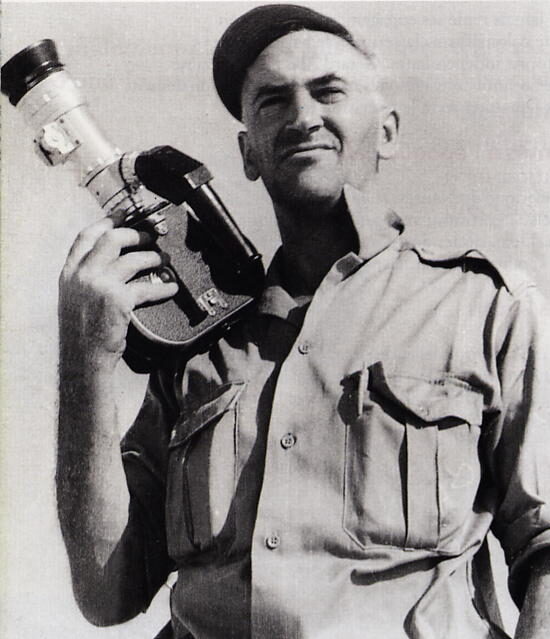Biography
René Vautier (1928–2015) was a French filmmaker renowned for his politically engaged cinema, addressing themes such as colonialism, social justice, and human rights.
Early Life and Resistance Activities
Born on January 15, 1928, in Camaret-sur-Mer, Finistère, France, Vautier was the son of a factory worker and a schoolteacher. At the age of 15, during World War II, he joined the French Resistance, participating in activities that earned him the Croix de Guerre and recognition from Charles de Gaulle. After the war, he studied filmmaking at the Institut des hautes études cinématographiques (IDHEC), graduating in 1948.
Afrique 50 and Anti-Colonial Cinema
In 1950, Vautier directed Afrique 50, considered the first French anti-colonial film. Originally commissioned to create an educational film about French West Africa, Vautier instead documented the harsh realities of colonialism, including the lack of medical care and abuses by the French Army. The film was banned, and Vautier was imprisoned for a year due to its content.
During the Algerian War, Vautier aligned himself with the National Liberation Front (FLN), producing films that highlighted the Algerian struggle for independence. His 1972 film, Avoir 20 ans dans les Aurès (To Be Twenty in the Aures), portrays French soldiers confronting the moral dilemmas of war and received the International Federation of Film Critics Award at the Cannes Film Festival.
Censorship and Advocacy
Throughout his career, Vautier faced significant censorship; many of his over 180 films were banned or destroyed by French authorities. In 1973, he undertook a hunger strike to protest film censorship, drawing support from notable filmmakers and leading to policy changes.
Later Life and Legacy
In his later years, Vautier continued to produce films addressing social issues, including workers’ rights and environmental concerns. He founded the Unité de Production Cinématographique Bretagne (UPCB) in 1970, aiming to promote regional filmmaking in Brittany. Vautier passed away on January 4, 2015, in Cancale, Brittany, leaving behind a legacy as a pioneering figure in politically engaged cinema.


